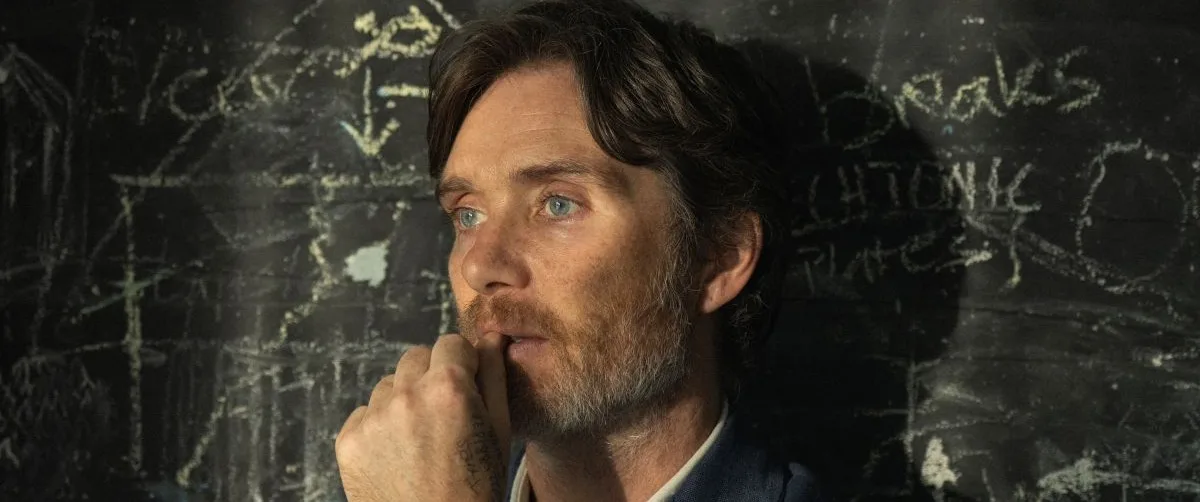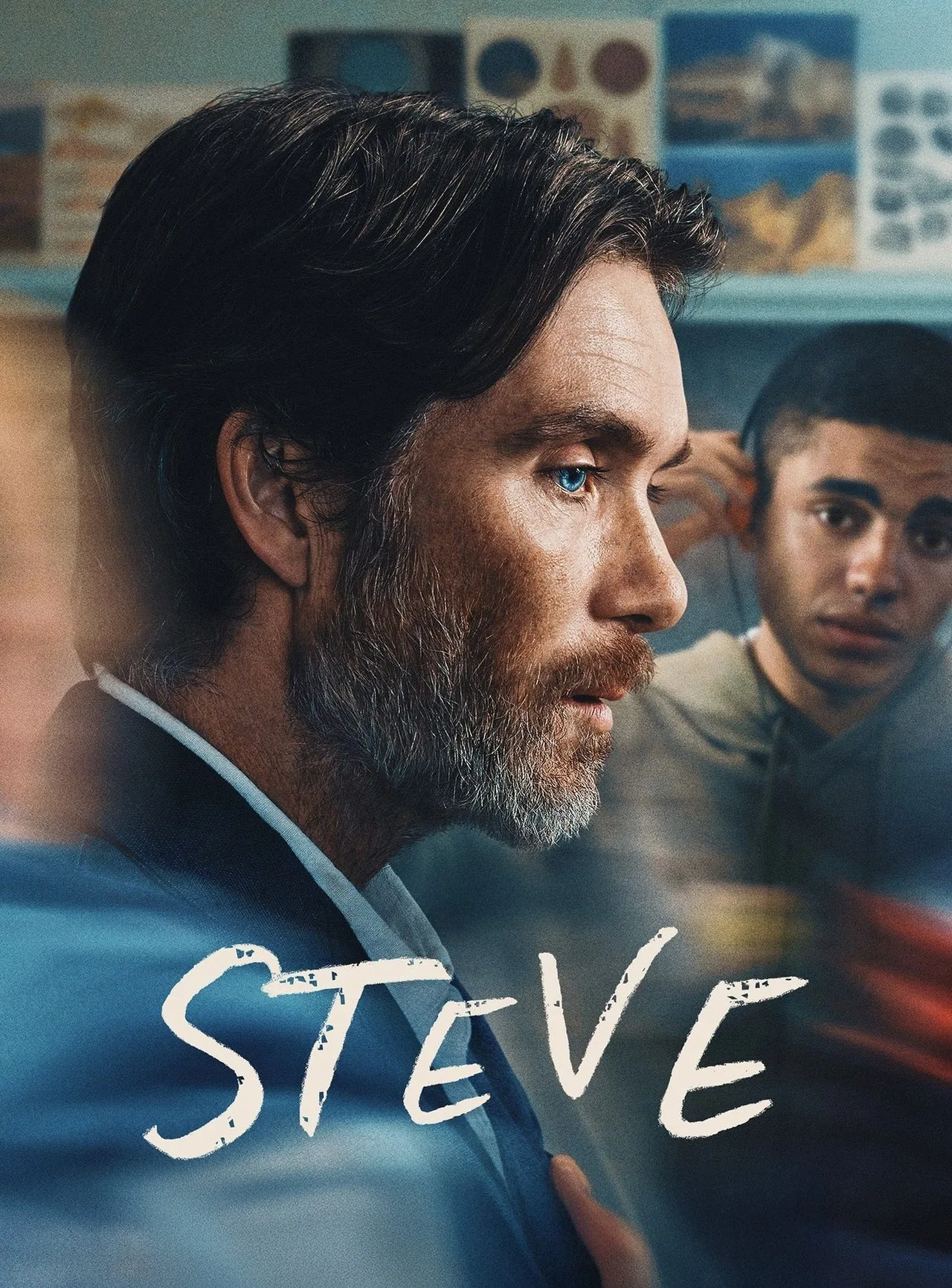When Steve (Cillian Murphy) is asked what three words define him, they are “very,” “very,” and “tired.” It’s a clever beat in Tim Mielants’ adaptation of the book Shy by Max Porter, which has notably now pivoted title characters to become “Steve,” another collaboration between the Belgian filmmaker and the star of his excellent “Small Things Like These” from last year. While very different in tone, Mielants and Murphy are again telling a story of someone who could be called a helpless helper, a man who wants to do good but finds roadblocks to those efforts at every turn. “Steve” lacks the nuance of that collaboration at most times, a less subtle, more aggressive drama that seeks to provoke emotion instead of earning it slowly and carefully. The script fails to find depth in some of its most crucial characters, and sometimes feels performatively intense, but the Oscar winner for “Oppenheimer” shines throughout, adding subtlety and grace in places other actors would have ignored.
“Steve” is about a chaotic 24 hours in the life of its title character, who is the head of a boarding school for troubled young men called Stanton Wood. Steve clearly loves the boys there, the ones that society has discarded. One of Porter’s greatest failings is he doesn’t allow us nearly enough access to the people that Steve loves, telling us how great they are instead of doing much to show us. Steve is particularly fond of Shy (Jay Lycurgo), one of those kids who has learned about regret at a young age. In one of the film’s only true calm, heartbreaking moments, we hear Shy speaking to his mother, who basically disowns him for good. She’s run out of chances to give him. So when we discover later that Stanton Wood is going to be closed in six months, we know that Shy has nowhere to go when that happens. We’re angry and scared for Shy too.
That’s what should be the story of “Steve,” and probably is the story of Shy the novel, but the film, probably due to casting a star in the role, pivots focus, and we lose so much of what it feels like we’re supposed to know about Shy. He becomes a cipher, the kid who the movie wants us to care about more than it earns that emotion (although, to be fair, Lycurgo does good work with what he’s given). Instead, we chart Steve’s day, as he descends into frustrated substance abuse and digs out the holiday wine from the cellar, much of it done in the shadow of cameras. Did I mention this is the day that a documentary crew has come to chronicle life at Stanton Wood? It’s another showy choice in a film that becomes increasingly full of them as Mielants gets downright chaotic with his filmmaking, getting the drones and the oners involved in a project that feels like it needed more grounding and less constant reminders that you’re watching a movie.
Which makes it all the more remarkable how much nuance Murphy can find in the chaos. He’s just such a genuine performer, one of the few who’s arguably better when he’s silent than with a monologue. He imbues Steve with an internal storm of regret and impatience. Did he do enough to save Stanton Wood? Is there something else he could do now? Can’t he just have a drink? Maybe a nap? There’s an unsettled, jittery quality to this performance that’s captivating, an island in a storm of melodrama. The truth is that with a lesser actor in the lead role (and this is no offense to solid supporting turns by Tracey Ullman and Emily Watson in underwritten roles), this movie would be a disaster.
It’s not. It’s just a frustrating near-miss. Its issues feel reflected in a scene in which the documentary crew is on the lawn of Stanton Wood and the rambunctious teenagers see them through the windows, doing what dumb, testosterone-heavy boys do: They run to the panes of glass and start humping the air, pretending to jerk off, and making other sexually suggestive movements. It’s all for the cameras. It’s performative. It doesn’t mean anything other than to get a response. So much of “Steve” feels designed to get a response from the viewer on the other side of the glass when a better movie would give us the feeling we’re actually in the same room.
This review was filed from the world premiere at the Toronto International Film Festival. It opens in theaters on September 19, 2025, on Netflix on October 3, 2025.




















